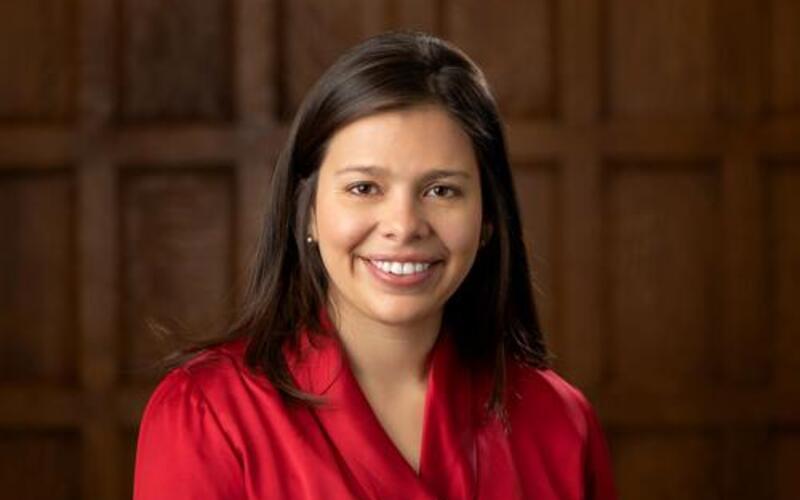
February 7, 2023
The American Journal of Philology, one of the premier Classics journals in the US, recently named Erika Valdivieso as winner of the journal’s ‘Best Article Prize’ for 2021. The prize was awarded for Professor Valivieso’s article “Dissecting a Forgery”, which appeared last fall (AJP 142.3, 2021, pp. 493-533). In announcing the prize, the journal’s publisher (William M. Breichner) gave the following commendation:
“Valdivieso conclusively demonstrates that Exsul Immeritus, a letter in an Italian collection attributed to the mestizo Jesuit Blas Valera and dated by some to the 17th century, is a forgery written in the second half of the 20th century. Using philological tools—close linguistic analysis and source criticism—Valdivieso makes a decisive contribution to the field of colonial Latin American history. Yet the article is irresistible for scholars of classical antiquity as well, engaging as it does with ungrammatical Latin, Italianisms, and a patchwork of citations from Roman authors, the Vulgate, and the Latin works of Dante, Ficino, and Politian. Valdivieso shows that the letter depends on critical editions and compilations that were not available until much later, establishing a terminus post quem of 1952. The article raises tantalizing questions about the provenance and validation of the whole collection. Although Valdivieso is not the first scholar to claim that the letter is a forgery, she is the first to pay close attention to the Latin. If authentic, the letter would provide otherwise unattested information about the textual
transmission of Petronius and Dante as well as Valera’s life and works. The letter also makes claims that subordinate indigenous accounts to Valera’s own and alter what we know about the Incas and the Spanish conquest of Peru. Valdivieso demonstrates masterful control of different fields of study
while captivating and educating the reader at every stage. With its acute and highly engaging philological detective work, clarity, and critical service to other disciplines, Valdivieso’s article is a prime
example of the vitality of new directions in classical philology. Rigorous and compelling, the article not only definitively settles an ongoing debate but also brings excitement and distinction to known methods.”
